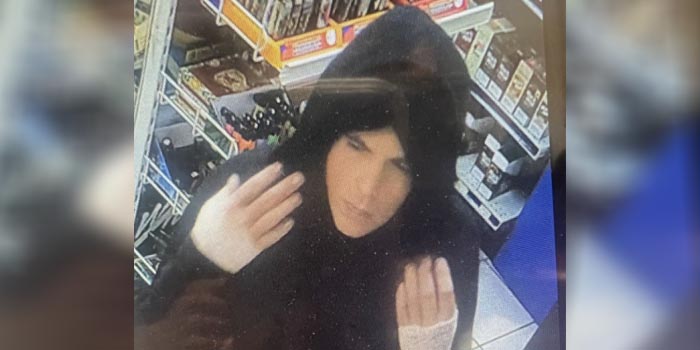An individual from Pennsylvania has been accused of defrauding a local store by cashing in counterfeit skill game vouchers. The authorities are now on a manhunt for this man in an effort to bring him to account for his actions.
According to statements made by the law enforcement agents in Pennsylvania, the said man walked into the Dillsburg Tobacco Outlet situated at 1 US Route 15 on 7th October around 9 pm. He produced eight skill gaming vouchers, each worth $500, to the store clerk, purporting to have gotten them as winnings on a skill gaming terminal.
The cashier initially did not realize the vouchers were bogus and proceeded to hand the man the $4,000 he claimed to have won after briefly examining the faux vouchers.
However, the vending agent for the skill games later scrutinized the tickets and soon discovered the act of forgery.
A review of the surveillance video footage revealed that the fraudulent actor was donning a wig with long dark hair as well as fingerless white gloves. The man also wore the hood of his black hoodie up as another ploy to hide his identity.
The Carroll Township Police Department has made public a snapshot of the suspect and is asking anyone capable of identifying the criminal to get in touch with them.
The Debate Continues Over Skill Games
Meanwhile, the debate over the contentious issue of skill gaming machines is still ongoing in Pennsylvania. These games closely resemble slots but they enable the players to establish the winning paylines, which is deemed as a factor of chance.
At the moment, skill games reside in the legal limbo in Pennsylvania and are among the most hotly debated topics in the state’s gaming sector. Recently, lawmakers engaged in a debate on the machines, which have now become widespread.
The casino sector has criticized skill games coz they regard them as illegal gambling that diverts money from the regulated gaming industry. Furthermore, industry spokespeople have maintained that skill gaming machines fail to afford the same level of player protections that licensed gambling offers.
Conversely, the machines have been instrumental in driving the growth of numerous small-scale businesses across Pennsylvania and have gained considerable support from the local populace.
In May, attempts were made by the Senate to enforce a 16% state tax on skill games and limit the number of skill gaming terminals each business is permitted to possess. But these proposals met with considerable resistance from Pennsylvania’s gambling industry agents.
The future of this sector is still unclear but there seems to be a general consensus that the machines should either be made illegal or given proper regulatory oversight.







